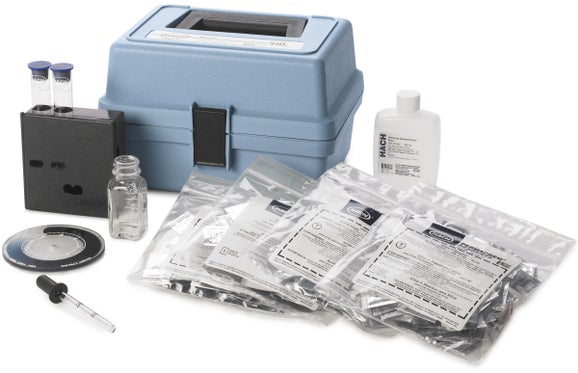Apologies if this has been asked before and if it sounds a bit daft.
Couple of days ago I got a tropic Marin hydrometer, made up some fresh salt water to 1.0263 @ 25 Celsius then left it for a few days with no heater or circulation. A few days later I thought to myself “I’ll send a sample off for ICP and see how it stacks up”. I put a pump in to circulate for a while but no heater, took a sample and sent it off, I await the results.
In the mean time i want to test the water and wondered if I should heat it? What do you think?
and will the sample be heated for ICP testing? Does it matter?
thanks to anyone with the knowledge that replies
Couple of days ago I got a tropic Marin hydrometer, made up some fresh salt water to 1.0263 @ 25 Celsius then left it for a few days with no heater or circulation. A few days later I thought to myself “I’ll send a sample off for ICP and see how it stacks up”. I put a pump in to circulate for a while but no heater, took a sample and sent it off, I await the results.
In the mean time i want to test the water and wondered if I should heat it? What do you think?
and will the sample be heated for ICP testing? Does it matter?
thanks to anyone with the knowledge that replies




















